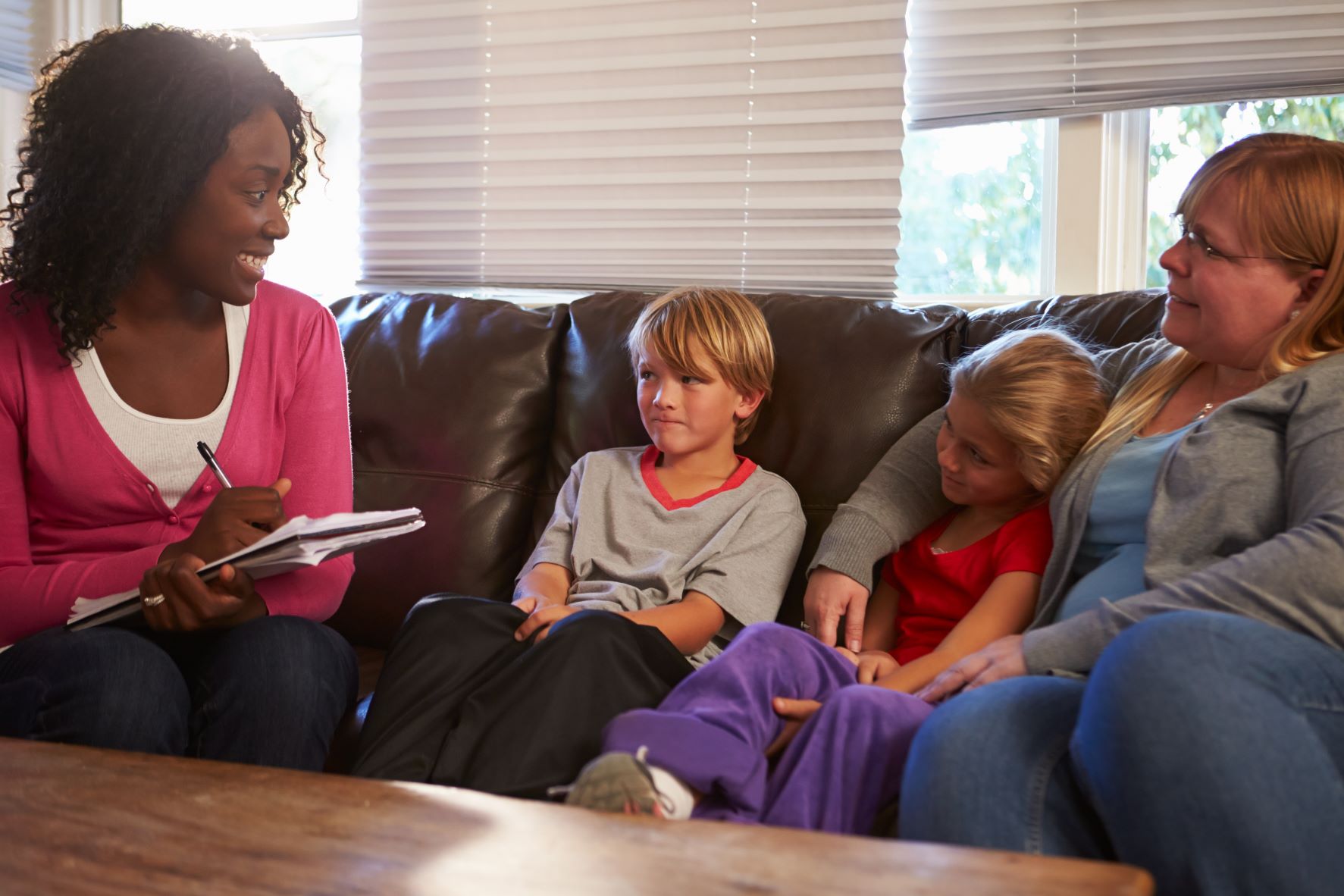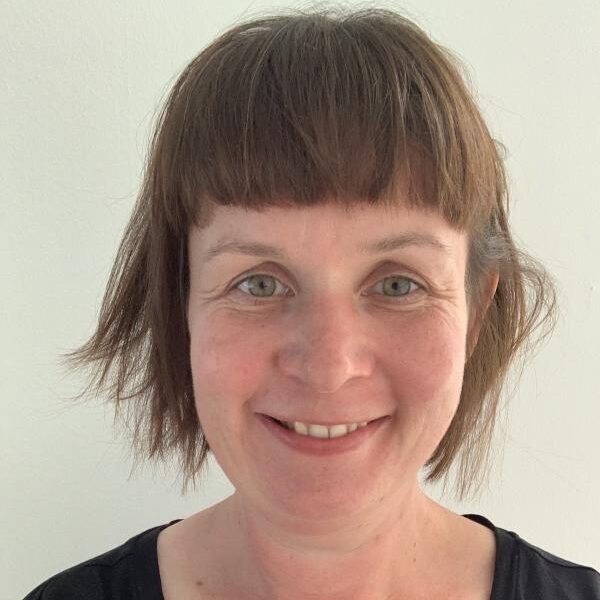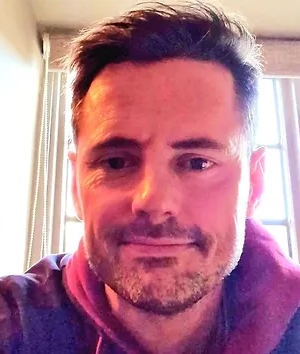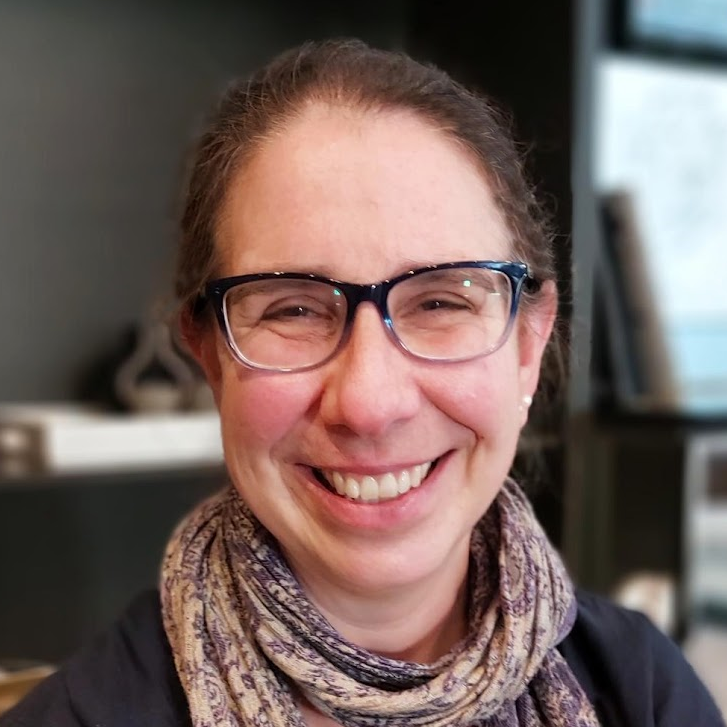About CAFADA
In CAFADA, we explored various innovations designed to mitigate the impacts of domestic abuse on children and their families:
- Child Protection responses: These aimed to enhance child welfare responses for families affected by domestic abuse.
- Criminal Justice Responses: Innovations include police notification systems, support for children involved in Domestic Homicide Reviews, and court advocacy to help victims/survivors navigating the criminal court process.
- Recovery Interventions: These focussed on supporting both children and mothers, and include targeted youth work.
Our goal was to understand how these innovations help children and families impacted by domestic abuse. We’ve also looked into how innovation in social care settings can be fostered and developed collaboratively, involving service users in the design, delivery, and evaluation of services.
To evaluate the effectiveness of innovations, we collected feedback from children, young people, and their families about their experiences with the services. Additionally, we used standardised measures to assess the services’ impact on their wellbeing and sense of safety. Feedback from professionals, including service providers and managers, was also gathered to determine what aspects have been successful, challenges faced, and how these interventions might be adapted for use by other organisations.


Project team
The CAFADA project team is a group of interdisciplinary researchers, who bring expertise and skills related to domestic abuse, childhood studies, legal and policy issues, social work, policing, psychology and mental health, and participatory research. The team is drawn from experts at the University of Stirling, University of Edinburgh, University of East London, University of Gloucestershire and University of Central Lancashire.

The project is led by Jane Callaghan. She is director of the Centre for Child Wellbeing and Protection at the University of Stirling. A psychologist and interdisciplinary researcher, she is particularly interested in experiences of violence, childhood, family life and relationships, gender and mental health.
Child Protection Responses

John Devaney
The Child Protection Approaches workstream is co-led by Jane Callaghan, Director of the Centre for Child Wellbeing and Protection at the University of Stirling with John Devaney, Professor of Social Work at the University of Edinburgh. John’s research interests are child protection, child welfare, domestic and gender based violence, and social work interventions.

Dr Kelly Bracewell is a researcher in the Connect Centre for International Research on Interpersonal Violence and Harm, based in the School of Social Work, Care and Community at the University of Central Lancashire. Her research interests include Gender-Based violence and working with vulnerable young people. Recent projects include researching innovations in social care in relation to DVA, a stalking support service, and learning from domestic homicides.
Interventions

Fiona Morrison
Dr Fiona Morrison led the research on therapeutic groupwork for children in the context of domestic abuse. She also led the research on court advocacy for victim-survivors in the criminal justice system. She contributed to the project’s early work on developing participatory outcome measures with children and women with experience of domestic abuse. Fiona is a Lecturer in Childhood Studies at the University of Edinburgh. She uses research to advance children’s human rights and to address violence against children. She mainly uses qualitative methods to carry out research and is especially interested in using participative methods that support children (and adults) to take part in research in ways that they choose.
Laura Bellussi
Laura Bellussi is a researcher with the CCWP at the University of Stirling. Laura studied for her undergraduate and Master’s degree in Psychology at the University of Pavia in Italy. She previously worked in childcare and education and cooperated with associations providing support to families with jailed parents, asylum-seekers, and people hosted in a rehabilitation centre, getting to know approaches that draw inspiration from the literary and performing arts to support personal and community growth. Her research work at the Centre for Child Wellbeing and Protection focusses on the evaluation of interventions to improve the quality of life and safety of children and families, with the use of qualitative and mixed methods.
Criminal Justice

Margaret Malloch
Margaret is Professor of Criminology at the University of Stirling and the Scottish Centre for Crime and Justice Research (SCCJR). Her research focuses on gender and justice, exploring concepts of ‘justice’, what this means in practice – and how it is defined by and through collective action. Ongoing work aims to challenge carceral and punitive responses to ‘crime’ and to work towards community based responses to social harms.

Daniel Ash
Dr Daniel Ash is a Forensic Criminologist and Associate Professor of Practice, working with the University of Gloucestershire. Daniel is an Honorary Associate Professor with the University of Stirling. He specialises in domestic abuse policing, adverse childhood experiences, and criminal justice process and policy. Daniel has worked with the Home Office, Ministry of Justice, and Police Forces across England and Wales evaluating partnership interventions. He publishes in the areas of domestic abuse, police practice, the impact of emotion recognition on the behaviour of children, and the efficacy and impact of police processes.

Laura Reid
Laura Reid is a registered social worker and research fellow at at the Centre for Child Wellbeing and Protection (CCWP), University of Stirling. Laura is undertaking a PhD exploring children’s involvement in Domestic Homicide Reviews. She has research interests in child welfare and wellbeing, domestic abuse, and children’s participation rights.

Alexandra Jundler
Dr Alexandra Jundler contributed to the research on court advocacy. She completed her PhD in Social Work from the University of Edinburgh in 2023, focussing on the presence and absence of children and young people’s participation in Scottish legislation for looked after children. Her research interests include children and young people’s participation and protection, policy analysis and children’s rights

Kay Tisdall
Kay Tisdall and Claire Houghton lead on Co-production and Involvement. Kay is a Professor of Childhood Policy at the University of Edinburgh. Her research interests are in childhood studies and particularly children’s human rights. She works within and across a number of policy areas, from education to family law to child protection, on such topics as children affected by domestic abuse, children with disabilities and additional support needs, and child marriage.

Claire Houghton
Claire is a Lecturer in Social Policy and Qualitative Research at the University of Edinburgh. Claire co-led the participation work in CAFADA and particularly enjoyed the work with young and women experts designing our research approach, including our participatory measures at the beginning and podcasts at the end. Claire co-developed a framework for participation of survivors in research through many years researching of gender-based violence with survivors, especially Everyday Heroes and Voice Against Violence. The framework– space, voice, agency/action, power (Houghton 2024) has been used and adapted in the CAFADA study, alongside her co-produced ethics model (Houghton 2015) and she would like to acknowledge the young and adult experts she has worked with over many years on this. You can learn all about this in the participation toolkit and Claire’s blog!

Nadine Fowler is a researcher in CCWP. Her research focuses on the experiences of care and relationships in residential care settings.

Dr Camille Warrington has worked on CAFADA as a Senior Researcher Fellow at the University of Edinburgh. She has expertise in participatory research with children and young people impacted by violence and abuse and young people’s experiences of welfare and justice interventions after abuse.
Integration

Alasdair Rutherford is Professor of Social Statistics at the University of Stirling. His research focus is the analysis of administrative and survey data in the fields of health, social care and the third sector. He has also been involved in a number of initiatives to build data analysis skills amongst third sector practitioners.

Hannah Graham supports the research team in the integration of the insights around how innovation works in social care contexts. She is a Senior Lecturer in Criminology in the Scottish Centre for Crime and Justice Research (SCCJR). She works with governments and parliaments, practitioners, individuals, communities and civic society to help inform real world change and collaboratively build more just societies.
Previous Team Members
We would also like to thank the previous team members for all of their work on the project
David Morran
Hannah Hale
Joanne Alexander
Lisa Fellin
Rachel Robbins
Ruth Friskney
Sarah Armstrong
Tanya Beetham
